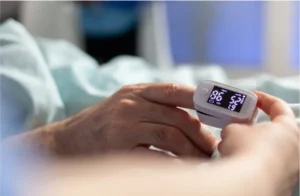
A Deep Dive into Oxygen Levels – Understanding Your Pulse Oximeter Readings
A Deep Dive into Oxygen Levels – Understanding Your Pulse Oximeter Readings A pulse oximeter might seem like just a small clip for your finger,
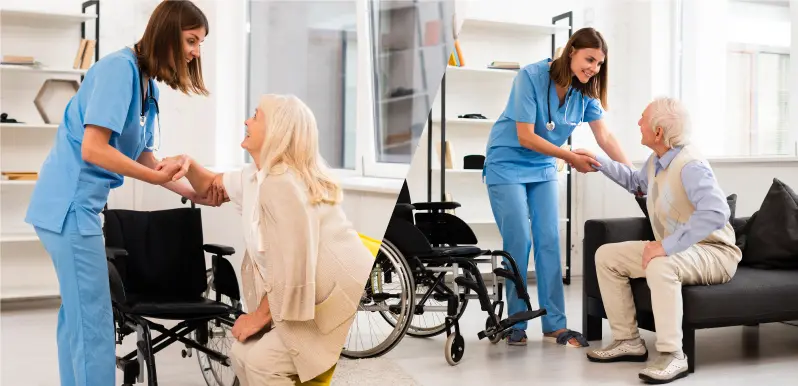
As we start aging, living independently is not an easy task for many. Day-to-day tasks may require assistance, making it necessary to seek support from professionals. This is where PCA assistance comes into play, serving the needs of seniors who are primarily living independently or have disabilities.
In this blog post, we will explore the concept of PCA in healthcare and its potential benefits for you or your loved ones. Stay with us until the end as we provide you with essential information about PCA that you need to know.
PCA is an acronym for personal care assistance. These terms refer to the services offered by trained professionals to elderly people who are unable to perform daily tasks due to physical or mental limitations. The PCA services help in enabling independent living.
A personal care assistant is a caregiver who is trained to help individuals with daily tasks. These can be things like cooking, dressing, or just moving around the house. People often hire them when they need a bit more support in their day-to-day lives.
Sometimes, you might hear different names for them. They could be called healthcare assistants (HCAs) or unlicensed assistive personnel (UAP). And sometimes, even the term ‘nursing assistant’ might be used for them.
A Personal Care Assistant, or PCA, plays a crucial role in helping people with their daily activities. Let’s explore what they do in a clear and straightforward way.
A PCA’s main job is to help people with things they might find hard to do on their own.
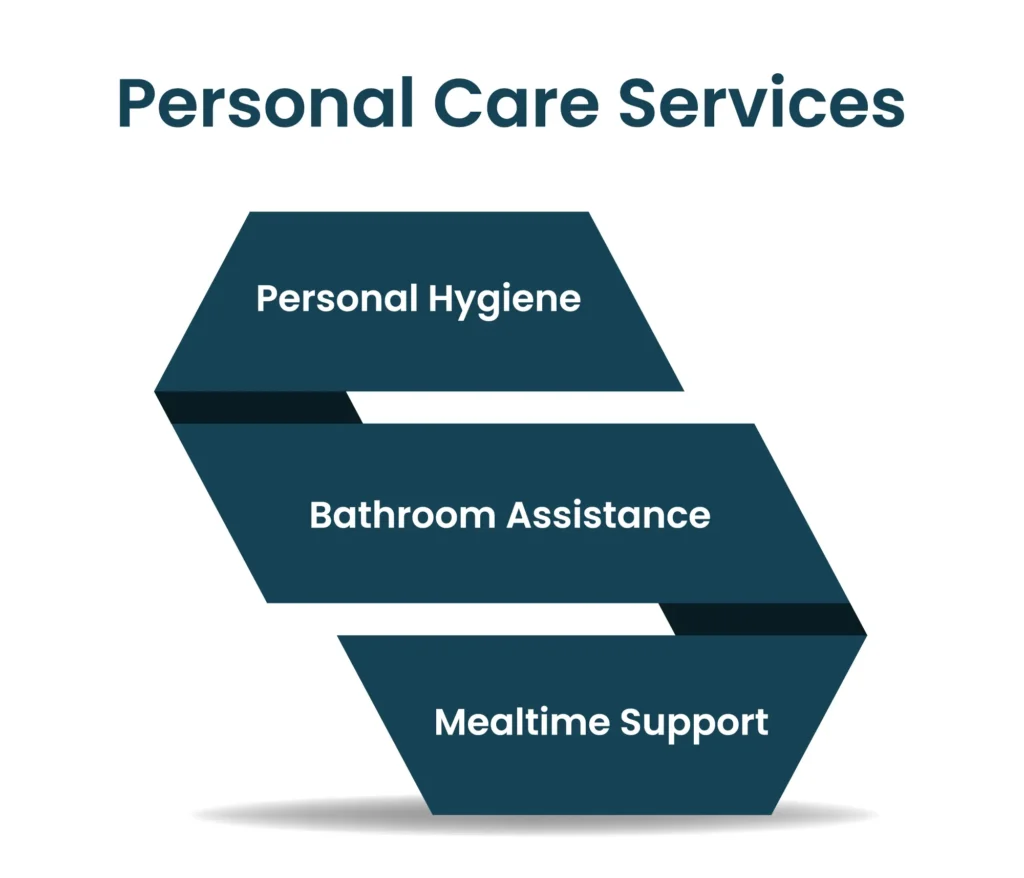
Besides personal care, a big part of a Personal Care Assistant’s (PCA) job is to help out with home tasks. These chores are essential, especially when the individual cannot manage them alone. Helping with these tasks not only keeps the home tidy but also brings a sense of comfort to those they assist.
Here are the key household duties PCAs often handle:
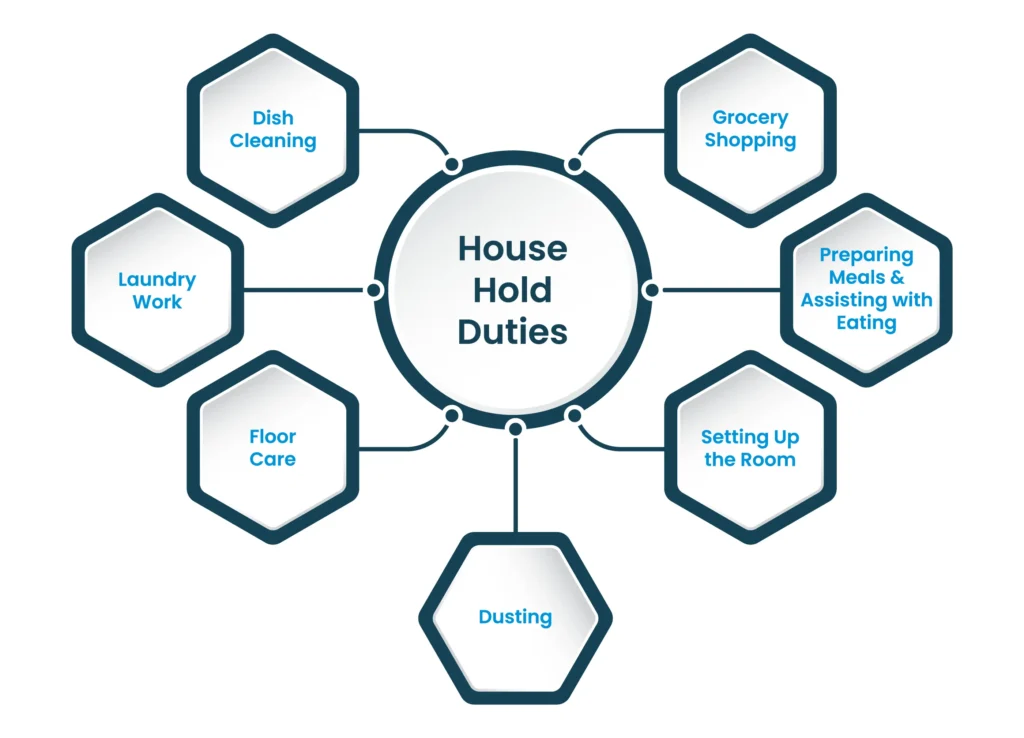
As we grow older, staying connected and socializing can sometimes become a challenge. Personal Care Assistants (PCAs) step in to offer more than just care; they provide the warmth of companionship, ensuring that no one feels alone.
Here’s how PCAs brighten up the lives of those they assist:
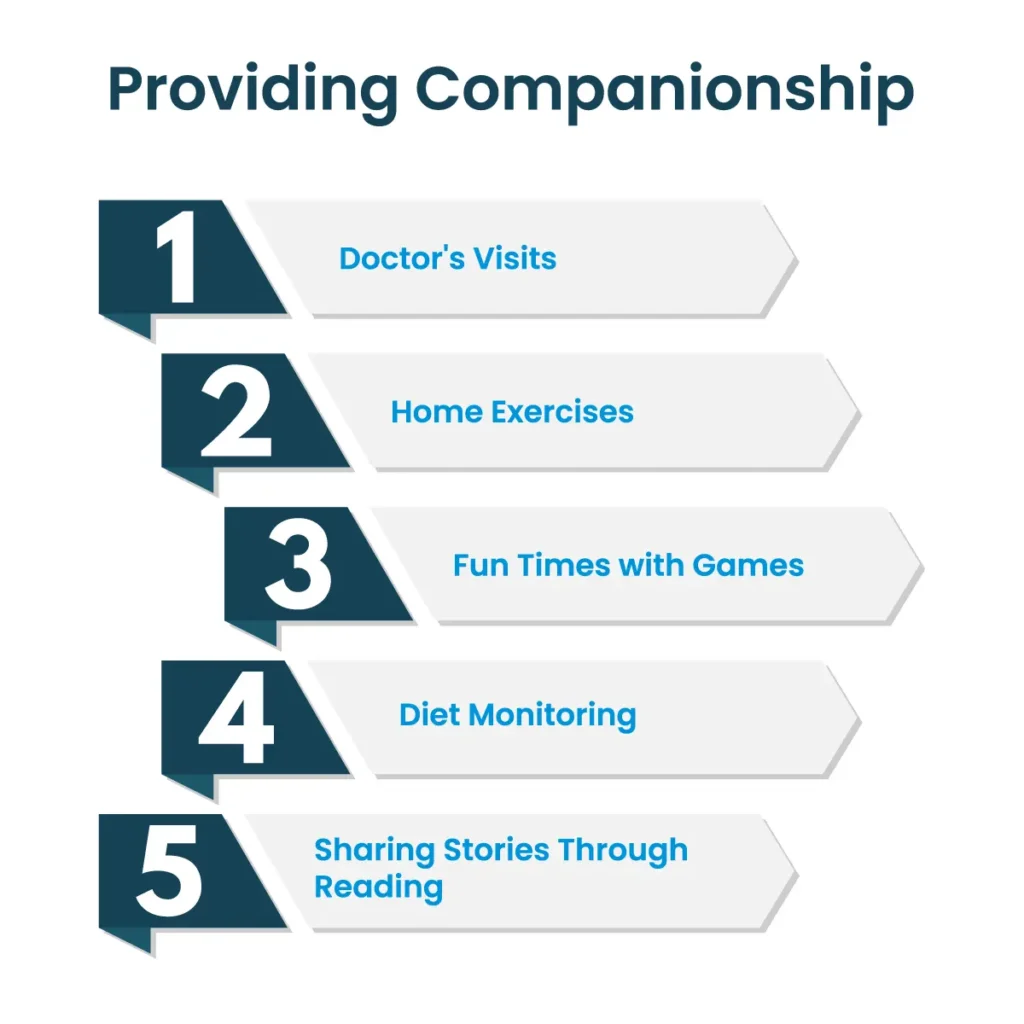
A career as a Personal Care Assistant (PCA) is both rewarding and fulfilling. It’s a role that allows you to make a real difference in the lives of those who require assistance with daily tasks and activities.
Basic Education: While many PCA positions don’t mandate a college degree, having a high school diploma or its equivalent is often a basic requirement.
Formal Training: Some employers or states may require PCAs to complete a state-approved training program. These programs often cover essential topics like emergency procedures, personal hygiene, and nutrition.
Depending on your location, you may need to obtain a certification after training. This often involves passing an exam that tests your knowledge and skills in personal care.
Regularly renewing your certification and attending updated training ensures you stay current with best practices.
What it is: CPR is a life-saving technique used when someone’s heartbeat or breathing stops. It’s particularly vital in cases of heart attacks or drownings.
Why it matters for PCAs: As a PCA, you might find yourself in situations where the individual in your care experiences cardiac emergencies. Being trained in CPR equips you to act swiftly and confidently until professional medical help arrives.
What it is: First Aid training equips individuals with the skills to provide initial assistance during a medical emergency, be it injuries, burns, or sudden illnesses.
Why it matters for PCAs: Accidents can happen. Whether it’s a minor cut, a burn, or a fall, as a PCA, you’re often the first line of response. A First Aid certification ensures that you have the knowledge to provide immediate care, minimizing harm and potentially preventing more severe medical complications.
Starting with an internship or a volunteer position in a healthcare setting can provide invaluable experience.
It’s also a great way to see if this career is a good fit for you and to garner recommendations for future employment.
Due to the intimate nature of the job, most employers will require a thorough background check to ensure the safety and trustworthiness of their PCAs.
Beyond the technical know-how, being a successful PCA also requires a set of soft skills. Empathy, patience, and good communication are paramount.
Regularly attending workshops or taking courses in areas like interpersonal communication can be beneficial.
The salary of a personal care assistant mostly depends upon the state, experience, and job responsibility. A Personal Care Assistant generally earns an average of $12-$18 per hour.
PCAs serve as the pillar support to their client when it comes to personal services. They usually work in various settings while bringing their expertise and skills in different environments and aligned with the unique individual needs
Many adults prefer receiving care in the comfort of their own homes. Hiring a PCA can provide an additional layer of support for themselves, their family, and their home, leading to a healthier lifestyle.
As individuals age, they may lose their ability to live independently and may also experience complex mental health issues. Having a PCA with them can assist them in coping with these challenges.
PCAs also work in various healthcare settings, including nursing homes, rehab centers, hospitals, and long-term care facilities. In these kinds of environments, they provide assistance to patients with basic care and can also perform some clinical works that do not require a healthcare license.
Personal Care Assistants (PCA) play an essential role in the healthcare landscape, offering a blend of daily assistance and emotional support to the elderly and those with disabilities. They navigate a diverse array of tasks, ensuring that individuals can live with dignity in various settings, from home to healthcare facilities. Emphasizing both technical proficiency and soft skills, PCAs enrich lives, meeting the evolving needs of an aging population and bridging the gap between medical care and day-to-day aid.

A Deep Dive into Oxygen Levels – Understanding Your Pulse Oximeter Readings A pulse oximeter might seem like just a small clip for your finger,
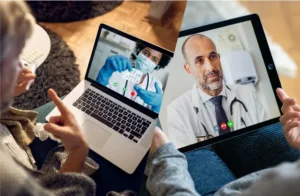
Telehealth Vs Telemedicine: Are They Both Same? In the wake of the COVID-19 pandemic, healthcare providers have witnessed a significant shift in patient care delivery,
Talk to an Expert Now